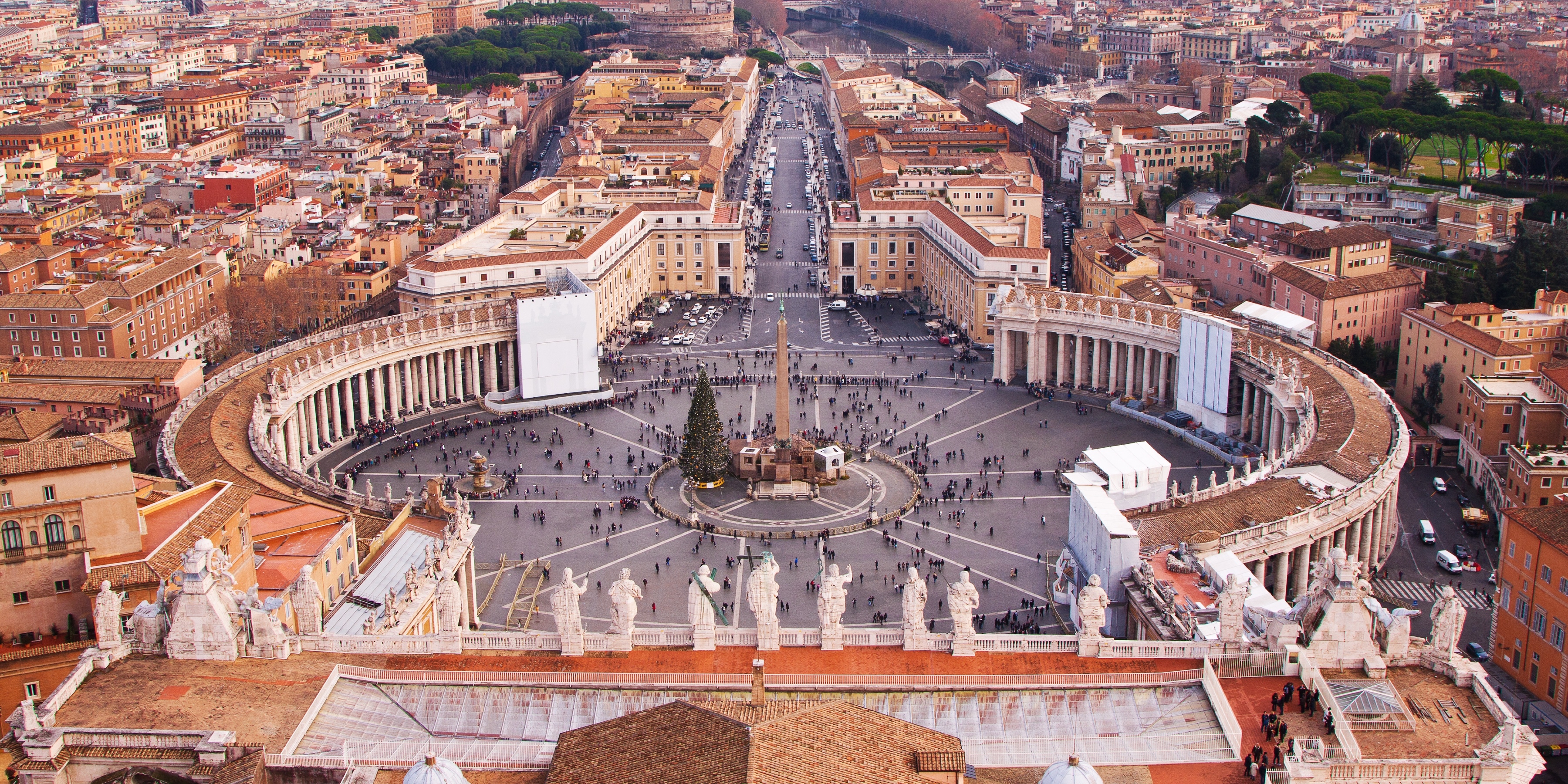The Vatican announced today that they will host, in a matter of weeks, a colloquium on marriage and the family, bringing together leaders from virtually every religious tradition in the world, to talk about the complementarity of man and woman in marriage. Here’s why I, a Baptist, accepted the invitation from the Pope to talk about this.
The colloquium isn’t one of these “Let’s hide all our differences and pretend we’re all together on everything” exercises we’ve all seen happen multiple times over. We have real and ongoing differences on soteriology and ecclesiology, starting with the papacy itself, and that will be the case at the end of this meeting as well as at its start.
That said, I am willing to go anywhere, when asked, to bear witness to what we as evangelical Protestants believe about marriage and the gospel, especially in times in which marriage is culturally imperiled. In this colloquium, we come not hiding our distinctives behind some general and abstract faith, but we come to it speaking from our distinct confessional traditions to this issue. It’s an issue I believe God has revealed in the universe around us (Gen. 1-2), and that he has explained in the mystery of Jesus Christ (Eph. 5:32), which is why it is of such importance.
Moreover, as one who has been charitably (I hope) critical of Pope Francis on more than one occasion–the last occasion being the Synod deliberations of a few weeks ago on the subject of marriage and family–I can hardly criticize from across the Tiber and then refuse to talk, when invited, about these matters. That’s especially the case when the American bishops have been resolute in standing with us, despite our real differences, on questions of religious liberty and the future of the family.
Here’s what I hope comes out of the meeting. I hope that this gathering of religious leaders can stand in solidarity on the common grace, creational mandate of marriage and family as necessary for human flourishing and social good. I also hope that we can learn from one another about where these matters stand around the world. And I hope that those of us from the believers’ church tradition can represent well our views of how marriage is more than just a natural good (although it is never less than that), but is a picture of the gospel one-flesh union of Christ and his church.








